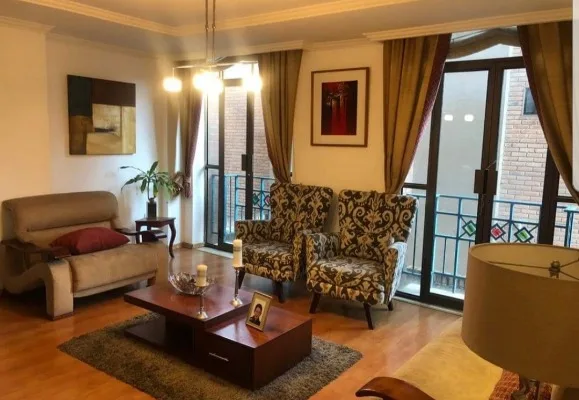Assembly passes communication law; opponents say it restricts free speech, supporters say ‘power to the people’
Ecuador's National Assembly has passed a controversial national communicaiton law that President Rafael Correa had tried and failed to enact during previous assembly sessions. With the February elections, Correa won an overwhelming assembly majority and the bill passed easily on Friday.

Ecuador newsapers and television stations, who vigorously opposed the law, say it will muffle free speech.
Provisions of the new law include:
A prohibition of private media monopolies; Creation of a Secretariat of Information and Communication to enforce the law’s rules; Quotas for national programming on television and radio stations; A requirement that televisoin and radio commercials be produced in Ecuador, by Ecuadorians; Requirements for handicapped accesibility to the news, including subtitles and sign language translation in some programming; A redistribution of radio frequencies, with a third allocated to public broadcasting, a third to private broadcasting and a third to community media; A "right to reply" to information published or broadcast in the news media; and, a standard for legal responsibility for publishers and broadcasters.
Private media claim that the law will result in a restriction on freedom of speech and say the "responsibility" requirement will lead to penalties and lawsuits against those who publish information that the government doesn't like. They site the fact that Correa has has taken journalists to court over articles he considered libelous during his first six years in office.
Carlos Lauría of the Committee to Protect Journalists, a group that promotes press freedom, said the law's provisions were vague, allowing authorities to define content that they don't like as being in violation of the law. "It opens the door to censorship. This is the latest step in the deterioration of press freedom in this country that has occurred under Correa," Lauría said. "This law, if it’s put into practice, is not only going to undermine the ability of journalists to report critically, but it also threatens the rights of citizens to be informed on issues like corruption or other sensitive issues."
In a recent interview with a British journalist, Correa claimed that the primary problem with the Ecuadorian press is its lack of professionalism. "We don't have a New York Times, Washington Post or Guardian in Ecuador. Criticism of government is entirely legitimate if it comes from ethical, professionally trained journalists. What we have in my country, however, often amounts to nothing more than media lynchings with nothing to back up the claims."
Correa supporters in the assembly say the new law strengthens citizens' access to information. According to assembly president Gabriela Rivadeneira, the law strikes a necessary balance between personal and corporate interests. "Let there be no doubt that there are rights for everyone and not just for a privileged group, which is what is wanted by some opposition legislators or the mercantilist press that has commercialized information.”
Photo caption: President Rafael Correa championed the new communcation law.


















